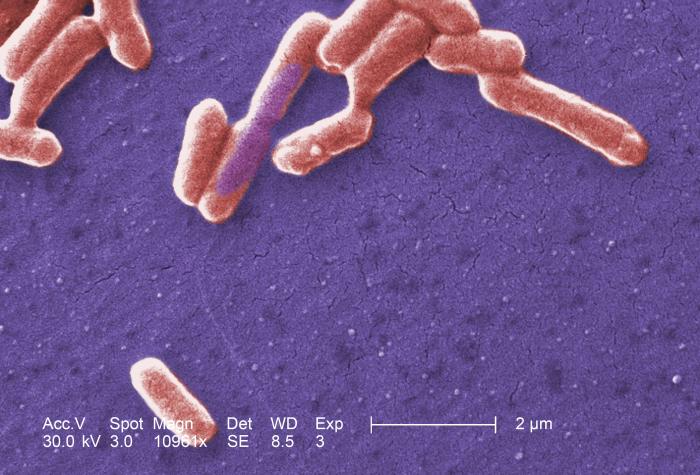The Indiana State Department of Health has confirmed E. coli O157:H7 infection in three individuals as part of an investigation into reports of diarrheal illness in three northern Indiana counties. The cases are among a total of six illnesses currently being investigated.

ISDH is working with public health officials in Fulton, Wabash, and Marshall counties to determine the cause of illness in the three other individuals, and to monitor for diarrheal illness in family members or others who may have been in contact with all six individuals who became ill.
“E. coli O157:H7 infection is a contagious illness that is spread through contact with feces. While most people with this infection fully recover, some can develop serious complications,” said Indiana State Health Commissioner Jerome Adams, M.D., M.P.H. “We are working closely with the local health departments, patients, and their families to identify potential sources of exposure so we can stop the spread of this illness and prevent additional infections.”
E. coli O157:H7 can be found in healthy animals, such as cattle, sheep and goats. People become infected through contact with colonized animals or infected people, or food and water contaminated with infected animal or human feces. Once infected, people shed the bacteria in their stool, which can spread the illness.
Symptoms of infection include abdominal cramping, diarrhea, vomiting, and sometimes bloody stool. Symptoms usually begin three to four days after exposure but can appear from one to eight days after exposure. Symptoms typically last five to10 days. While most people have mild symptoms and get better on their own, a small number of people will develop severe complications that require hospitalization. Young children and elderly adults are at highest risk for serious illness due to E. coli O157:H7 infection. In rare cases, individuals infected with E. coli O157:H7 will develop a complication called hemolytic uremic syndrome, or HUS, that can lead to death.
The six cases currently being investigated include one death.
“Our hearts go out to the family who lost a loved one to illness,” Dr. Adams said. “Nothing can ease the pain of the family’s loss. We are working diligently to gather information about illness that may be connected to this outbreak so we can prevent others from getting sick.”
Handwashing is the single best defense against E. coli O157:H7. Wash your hands with soap and water after using the restroom, before eating or preparing food, after diapering children, following contact with animals, and after assisting someone who is ill. Adults should supervise children to make sure they are washing their hands properly for at least 20 seconds while using soap and warm water. People should not take food into areas where livestock are housed, such as petting zoos or fairs, and children under age 5 should avoid direct contact with farm animals.
Anyone with confirmed E. coli infection should be excluded from school or daycare until they are symptom-free and have two negative stool tests to prevent the spread of illness. Parents and caretakers of ill individuals also are at risk of contracting E. coli O157:H7 and should see a health care provider if symptoms develop. Adults infected with E. coli O157:H7 who work in food service or health care settings should not attend work while ill. People with diarrheal illness should be evaluated by their health care provider.
Related news:
Indiana declares hepatitis C ‘public health emergency’ for Fayette County
University of Iowa reports six mumps cases, following reports at other Midwest schools

